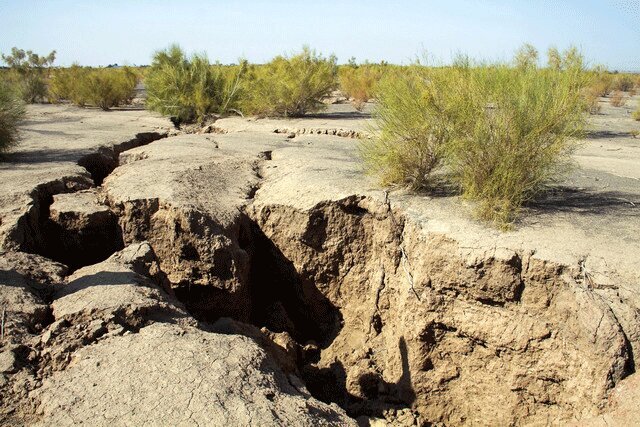Knowledge-based companies helping country overcome water shortage

TEHRAN – More than 300 knowledge-based companies are active in the country to resolve the problem of water shortage by presenting over 3,500 products, IRNA reported.
The intensification of climate change has spread the phenomenon of drought not only in countries with arid and semi-arid climates such as Iran but also in regions such as Europe and America.
World Meteorological Organization experts have announced that some regions and countries like Iran are at the center of the water shortage problem.
Studies show that Iran will face a very large drought in the next eight years.
In big cities like Tehran, the phenomenon of water shortage is caused by excessive population growth, migration, and increasing demand for water.
Human-caused water losses are caused by the excessive withdrawal of surface and underground water sources over a long period of time and the excessive consumption of water in homes, farms, and industries.
Precipitations in the country have decreased by 16 percent in the current water year that started September 23 compared to last year, according to the data released by the Meteorological Organization.
The average rainfall since the beginning of the water year has reached an average of 120 millimeters, while the normal rainfall for this time period is 143 mm, so it shows a decrease of 23 mm or 16% compared to the long-term.
World Water Day
Every year since 1993, World Water Day (22 March) raises awareness and inspires action to tackle the water and sanitation crisis.
It is about taking action to tackle the global water crisis of the 2.2 billion people living without access to safe water.
It is a United Nations observance coordinated by UN-Water. The theme is proposed in advance by UN-Water. It is aligned with the annual publication of the UN World Water Development Report, published by UNESCO on behalf of UN-Water.
World Water Day 2023 is about accelerating change to solve the water and sanitation crisis.
Dysfunction throughout the water cycle undermines progress on all major global issues, from health to hunger, gender equality to jobs, education to industry, and disasters to peace.
In 2015, the world committed to Sustainable Development Goal (SDG) 6 as part of the 2030 Agenda – the promise that everyone would have safely managed water and sanitation by 2030.
MG
